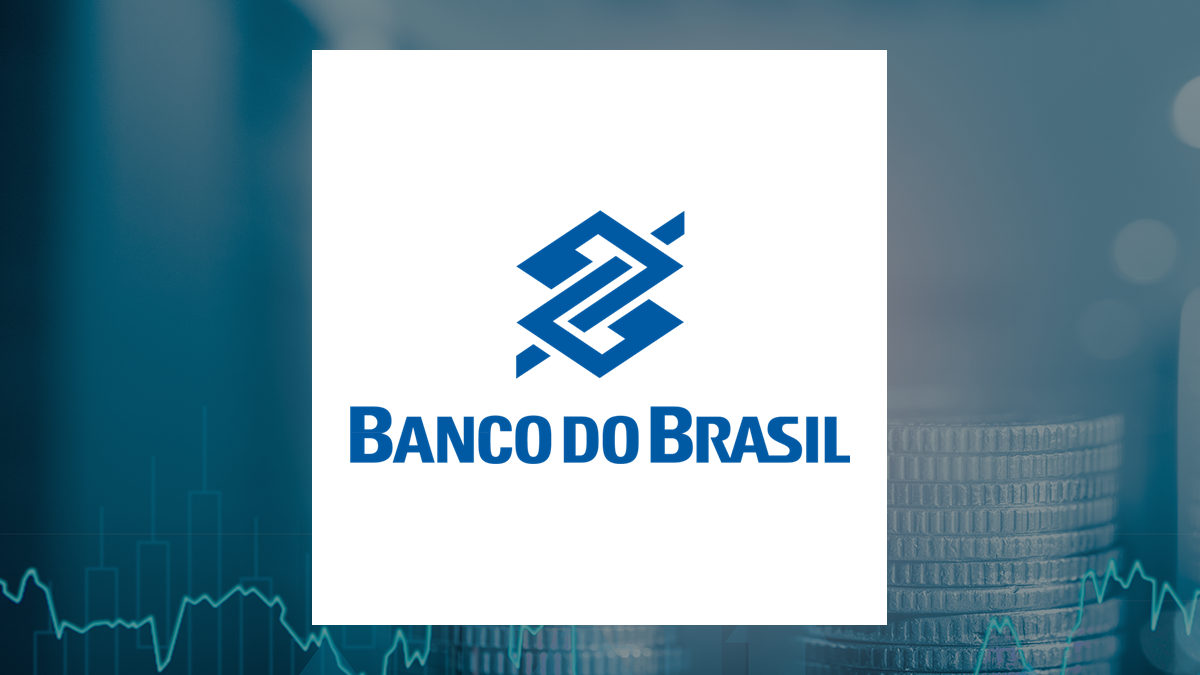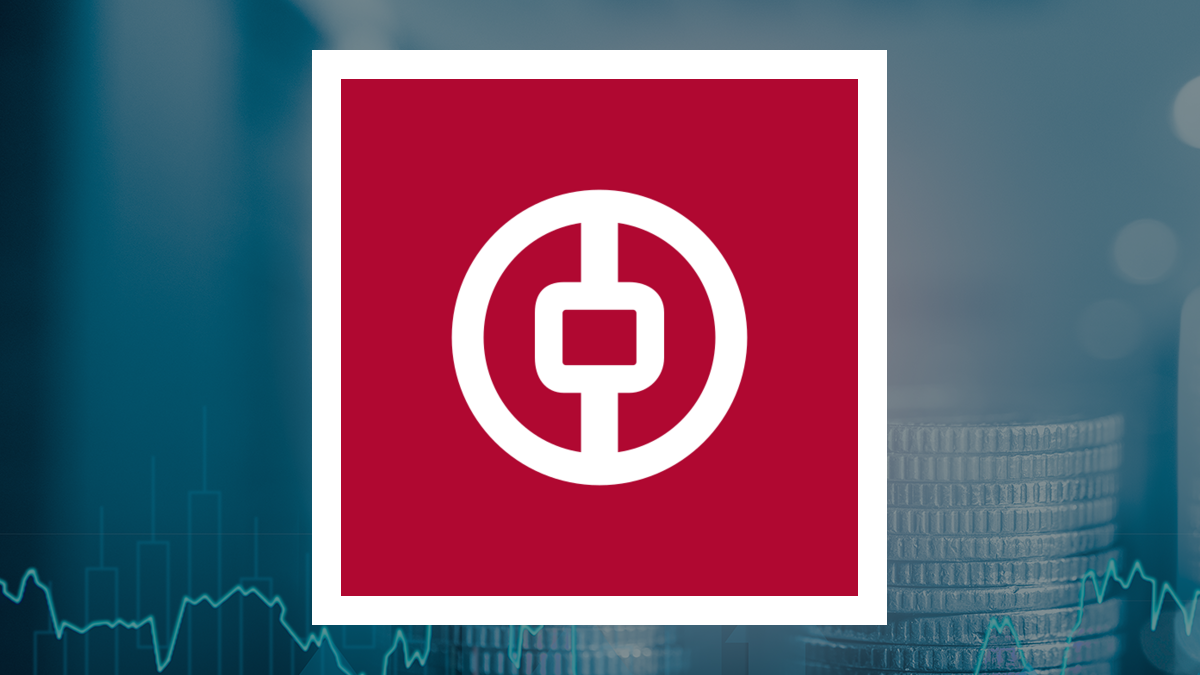Banco Do Brasil (OTCMKTS:BDORY – Get Free Report) and Bank of China (OTCMKTS:BACHY – Get Free Report) are both large-cap finance companies, but which is the better stock? We will contrast the two companies based on the strength of their analyst recommendations, institutional ownership, earnings, valuation, profitability, risk and dividends.
Insider and Institutional Ownership
0.0% of Banco Do Brasil shares are owned by institutional investors. Strong institutional ownership is an indication that endowments, large money managers and hedge funds believe a stock is poised for long-term growth.
Analyst Recommendations
This is a breakdown of recent recommendations for Banco Do Brasil and Bank of China, as provided by MarketBeat.
| Sell Ratings | Hold Ratings | Buy Ratings | Strong Buy Ratings | Rating Score | |
| Banco Do Brasil | 0 | 3 | 0 | 0 | 2.00 |
| Bank of China | 0 | 1 | 0 | 1 | 3.00 |
Valuation & Earnings
| Gross Revenue | Price/Sales Ratio | Net Income | Earnings Per Share | Price/Earnings Ratio | |
| Banco Do Brasil | $55.92 billion | 0.41 | $6.57 billion | $0.49 | 8.10 |
| Bank of China | $174.63 billion | 0.94 | $33.08 billion | $2.60 | 5.35 |
Bank of China has higher revenue and earnings than Banco Do Brasil. Bank of China is trading at a lower price-to-earnings ratio than Banco Do Brasil, indicating that it is currently the more affordable of the two stocks.
Profitability
This table compares Banco Do Brasil and Bank of China’s net margins, return on equity and return on assets.
| Net Margins | Return on Equity | Return on Assets | |
| Banco Do Brasil | 4.99% | 15.77% | 1.21% |
| Bank of China | 19.11% | 8.08% | 0.68% |
Dividends
Banco Do Brasil pays an annual dividend of $0.06 per share and has a dividend yield of 1.5%. Bank of China pays an annual dividend of $0.61 per share and has a dividend yield of 4.4%. Banco Do Brasil pays out 12.2% of its earnings in the form of a dividend. Bank of China pays out 23.5% of its earnings in the form of a dividend. Both companies have healthy payout ratios and should be able to cover their dividend payments with earnings for the next several years.
Risk & Volatility
Banco Do Brasil has a beta of 0.64, meaning that its stock price is 36% less volatile than the S&P 500. Comparatively, Bank of China has a beta of 0.2, meaning that its stock price is 80% less volatile than the S&P 500.
Summary
Bank of China beats Banco Do Brasil on 8 of the 14 factors compared between the two stocks.
About Banco Do Brasil
 Banco do Brasil S.A. provides banking products and services for individuals, companies, and public sectors in Brazil and internationally. The company's Banking segment offers various products and services, including deposits, loans, and services to retail, wholesale, and public sector markets, as well as to micro-entrepreneurs and the low income population. Its Investments segment engages in the intermediation and distribution of debts in the primary and secondary markets; equity investment activities; and rendering of financial services. The company's Fund Management segment is involved in the purchase, sale, and custody of securities, as well as the management of portfolios, and investment funds and clubs. Its Insurance, Pension and Capitalization segment provides life, property, and automobile insurance products, as well as private pension and capitalization plans. The company's Payment Methods segment is involved in the funding, transmission, processing, and settlement of transactions through electronic means. Its Other segment engages in the provision of credit recovery and consortium administration services; development, manufacturing, leasing, and integration of digital electronic systems and equipment, peripherals, programs, inputs, and computing supplies; intermediation of air tickets; and lodging and organization of events. Banco do Brasil S.A. was founded in 1808 and is headquartered in Brasalia, Brazil.
Banco do Brasil S.A. provides banking products and services for individuals, companies, and public sectors in Brazil and internationally. The company's Banking segment offers various products and services, including deposits, loans, and services to retail, wholesale, and public sector markets, as well as to micro-entrepreneurs and the low income population. Its Investments segment engages in the intermediation and distribution of debts in the primary and secondary markets; equity investment activities; and rendering of financial services. The company's Fund Management segment is involved in the purchase, sale, and custody of securities, as well as the management of portfolios, and investment funds and clubs. Its Insurance, Pension and Capitalization segment provides life, property, and automobile insurance products, as well as private pension and capitalization plans. The company's Payment Methods segment is involved in the funding, transmission, processing, and settlement of transactions through electronic means. Its Other segment engages in the provision of credit recovery and consortium administration services; development, manufacturing, leasing, and integration of digital electronic systems and equipment, peripherals, programs, inputs, and computing supplies; intermediation of air tickets; and lodging and organization of events. Banco do Brasil S.A. was founded in 1808 and is headquartered in Brasalia, Brazil.
About Bank of China
 Bank of China Limited, together with its subsidiaries, provides various banking and financial services in Chinese Mainland, Hong Kong, Macao, Taiwan, and internationally. It operates through six segments: Corporate Banking, Personal Banking, Treasury Operations, Investment Banking, Insurance, and Other. The Corporate Banking segment provides current accounts, deposits, overdrafts, loans, payments and settlements, trade-related products, and other credit facilities, as well as foreign currency, derivative, and wealth management products for corporate customers, government authorities, and financial institutions. The Personal Banking segment offers savings deposits, personal loans, credit cards and debit cards, payments and settlements, wealth management, and funds and insurance agency services to retail customers. The Treasury Operations segment offers foreign exchange transactions, customer-based interest rate, and foreign exchange derivative transactions, as well as money market transactions, proprietary trading, and asset and liability management. The Investment Banking segment provides debt and equity underwriting and financial advisory, sale and trading of securities, stock brokerage, investment research, asset management services, and private equity investment services. The Insurance segment provides underwriting services for general and life insurance business, and insurance agency services. In addition, the company operates debt-to-equity swaps and other supporting, and aircraft and financial leasing business. The company was founded in 1912 and is headquartered in Beijing, China.
Bank of China Limited, together with its subsidiaries, provides various banking and financial services in Chinese Mainland, Hong Kong, Macao, Taiwan, and internationally. It operates through six segments: Corporate Banking, Personal Banking, Treasury Operations, Investment Banking, Insurance, and Other. The Corporate Banking segment provides current accounts, deposits, overdrafts, loans, payments and settlements, trade-related products, and other credit facilities, as well as foreign currency, derivative, and wealth management products for corporate customers, government authorities, and financial institutions. The Personal Banking segment offers savings deposits, personal loans, credit cards and debit cards, payments and settlements, wealth management, and funds and insurance agency services to retail customers. The Treasury Operations segment offers foreign exchange transactions, customer-based interest rate, and foreign exchange derivative transactions, as well as money market transactions, proprietary trading, and asset and liability management. The Investment Banking segment provides debt and equity underwriting and financial advisory, sale and trading of securities, stock brokerage, investment research, asset management services, and private equity investment services. The Insurance segment provides underwriting services for general and life insurance business, and insurance agency services. In addition, the company operates debt-to-equity swaps and other supporting, and aircraft and financial leasing business. The company was founded in 1912 and is headquartered in Beijing, China.
Receive News & Ratings for Banco Do Brasil Daily - Enter your email address below to receive a concise daily summary of the latest news and analysts' ratings for Banco Do Brasil and related companies with MarketBeat.com's FREE daily email newsletter.
